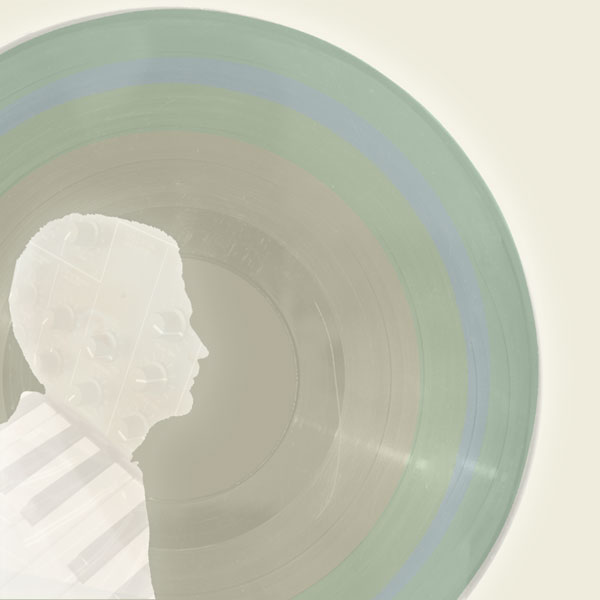Brent Coker, who studies online behavior at the University of Melbourne in Australia, found that people who engage in “workplace Internet leisure browsing” are about 9 percent more productive than those who don’t. Last year, Jonathan Schooler, a psychology professor at the University of California, Santa Barbara published with his doctoral student Benjamin Baird a study called Inspired by Distraction. It concluded that “engaging in simple external tasks that allow the mind to wander may facilitate creative problem solving.”
Schooler gave participants a series of “unusual uses tasks” (UUTs), which asked them to invent as many different uses as they could for a mundane object. The more original the responses, the more creativity they were demonstrating. After performing a baseline test, participants were divided into groups and given different 12-minute “incubation” periods. These consisted of either a demanding memory task, an undemanding memory task that allowed for mind-wandering, or total rest. A fourth group had no incubation interval at all. Then all four groups were presented with more UUTs, which involved at least one object from the first round. The group that had been given a non-demanding incubation task showed the most-improved UUT scores.
